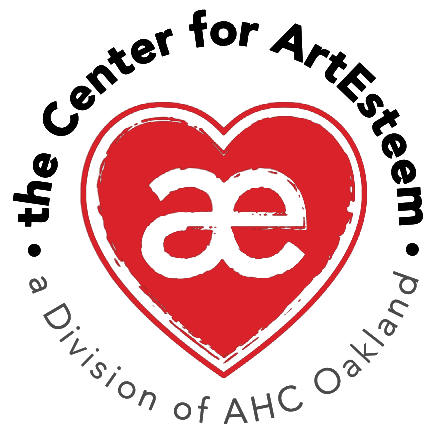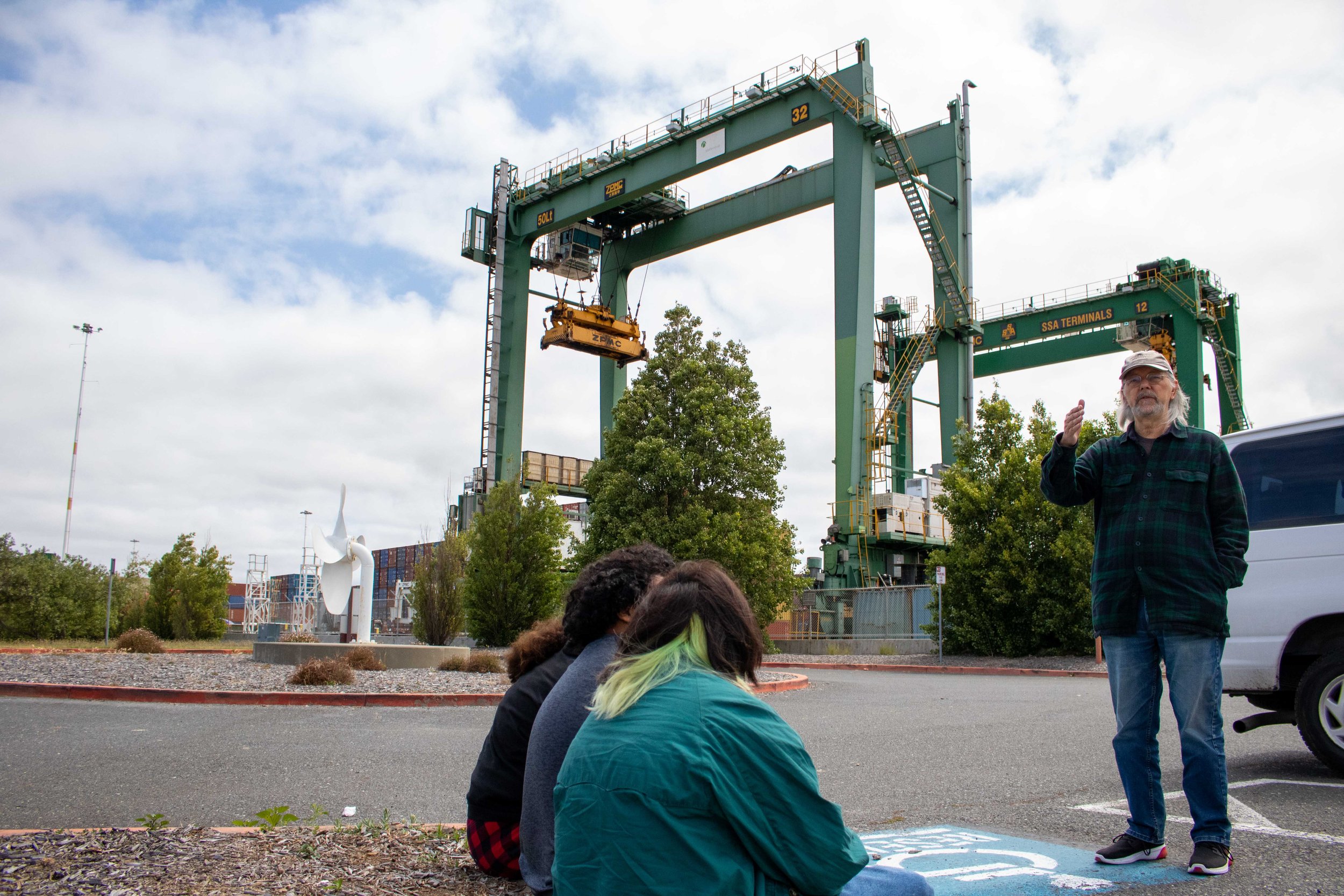
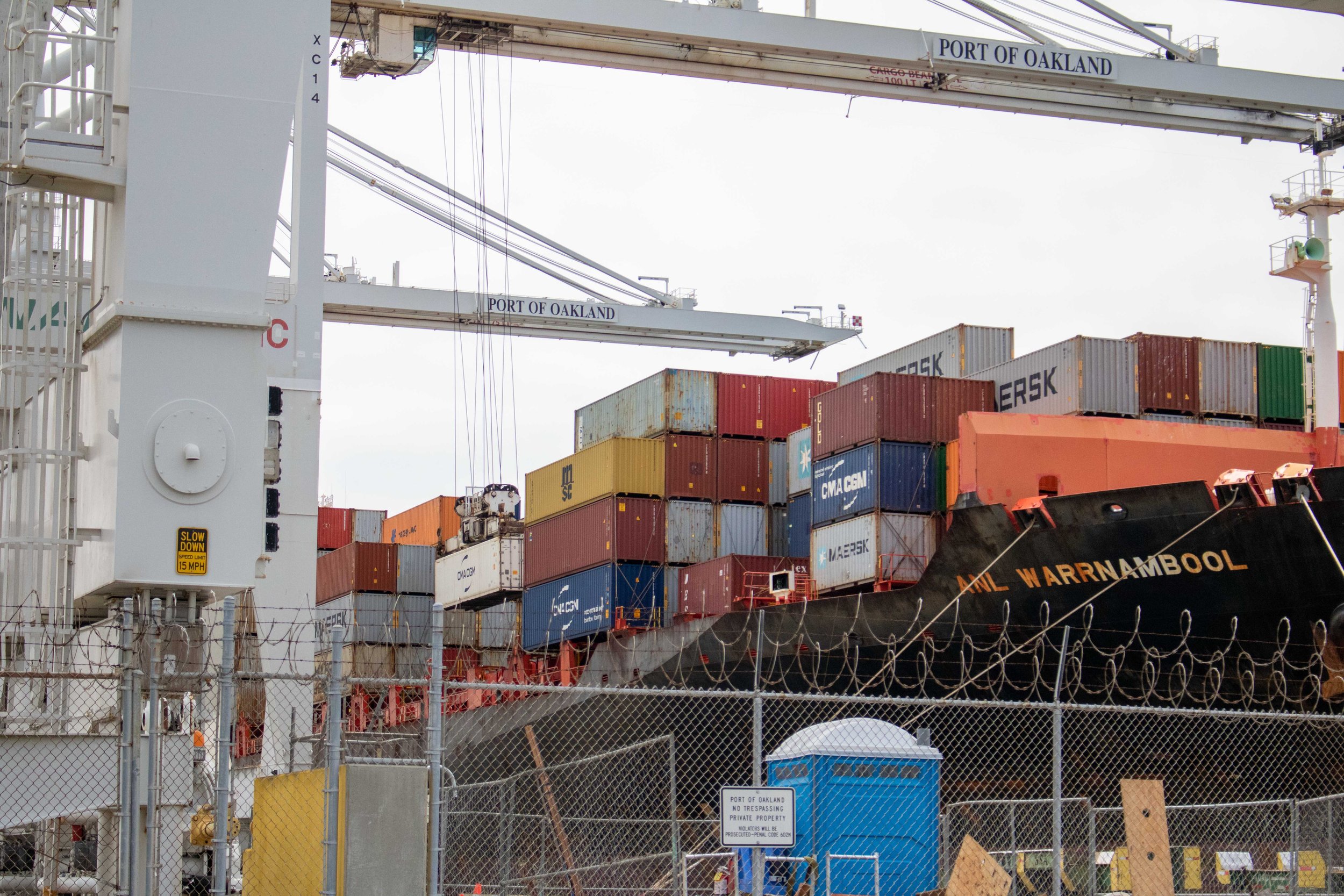

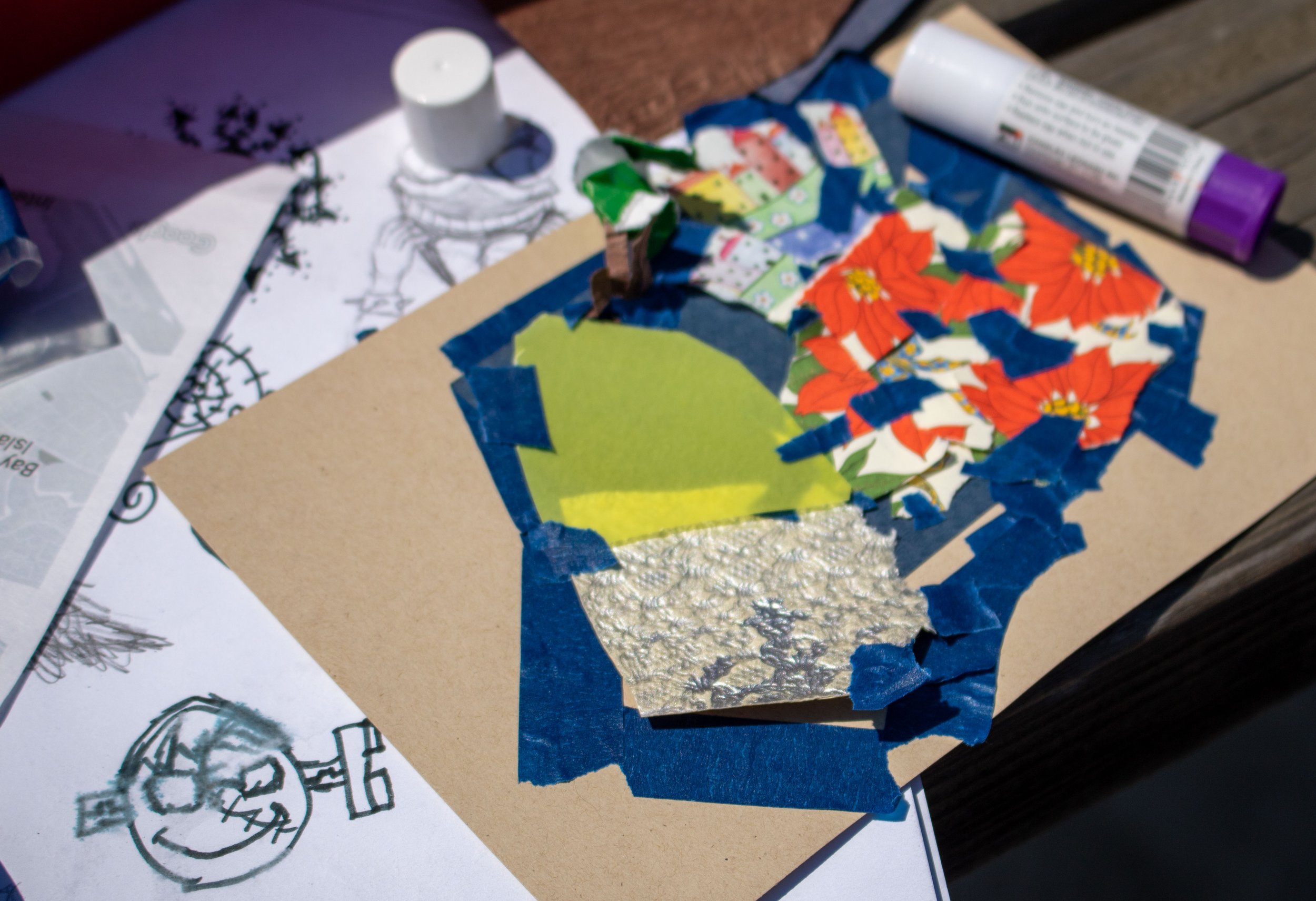
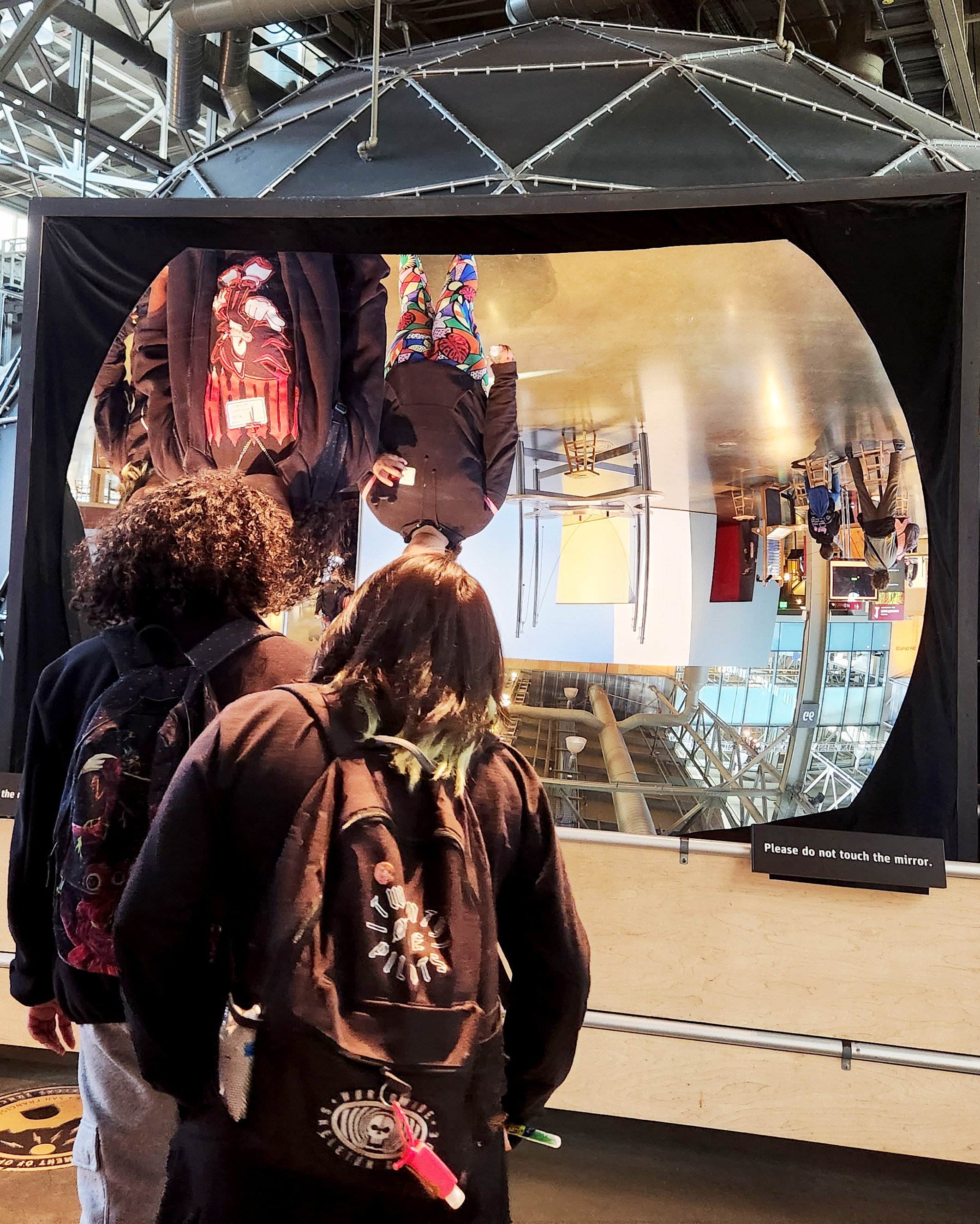
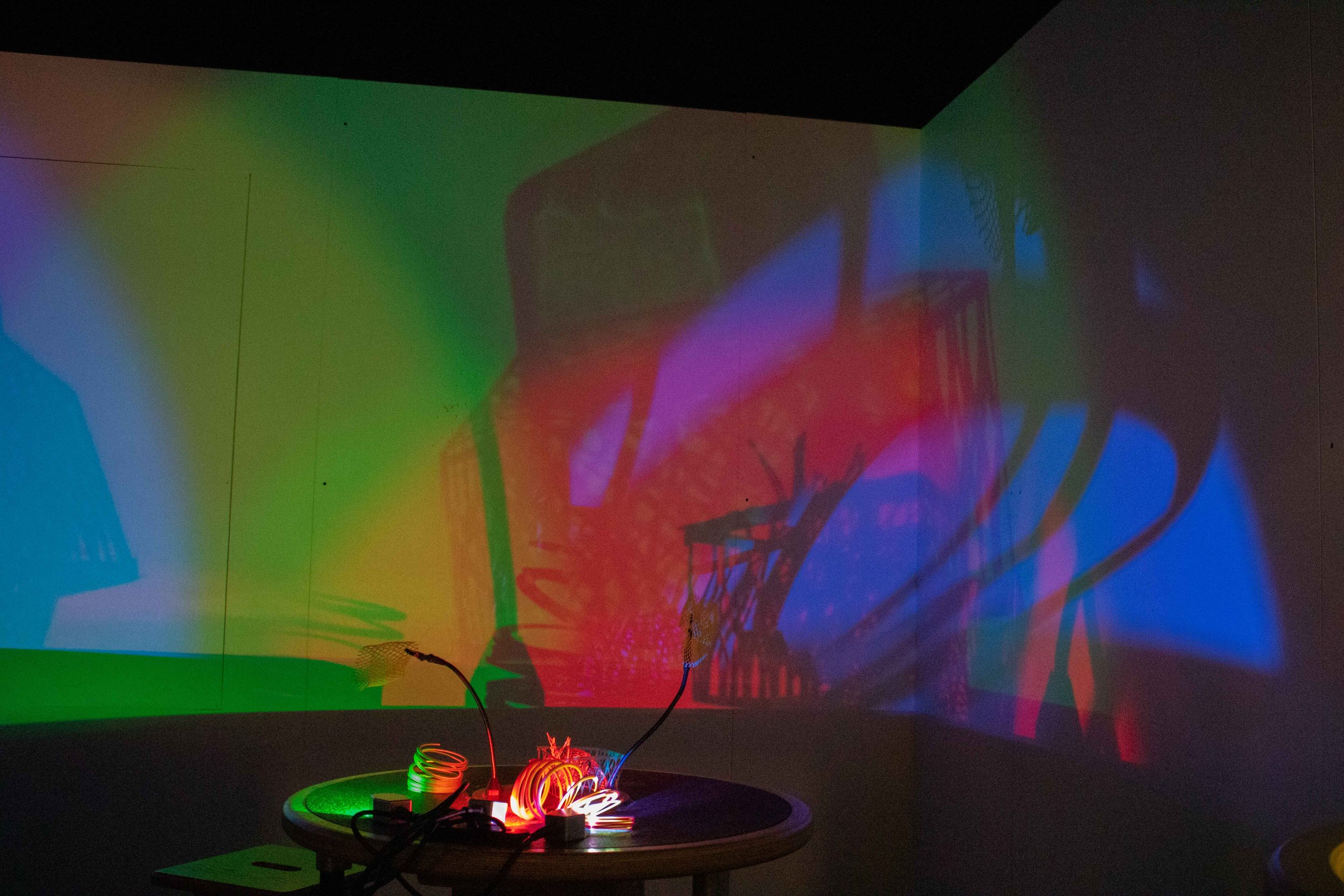
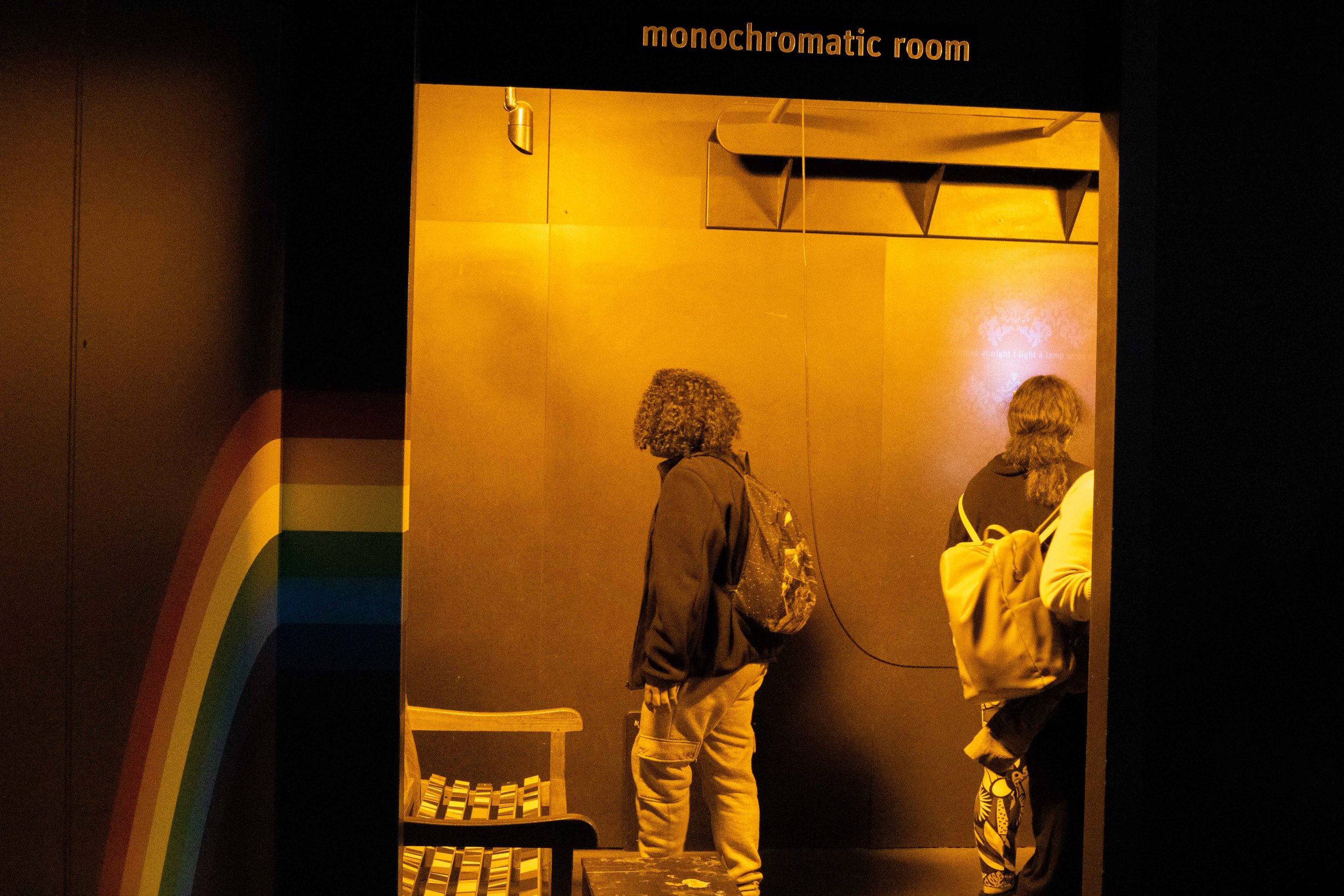
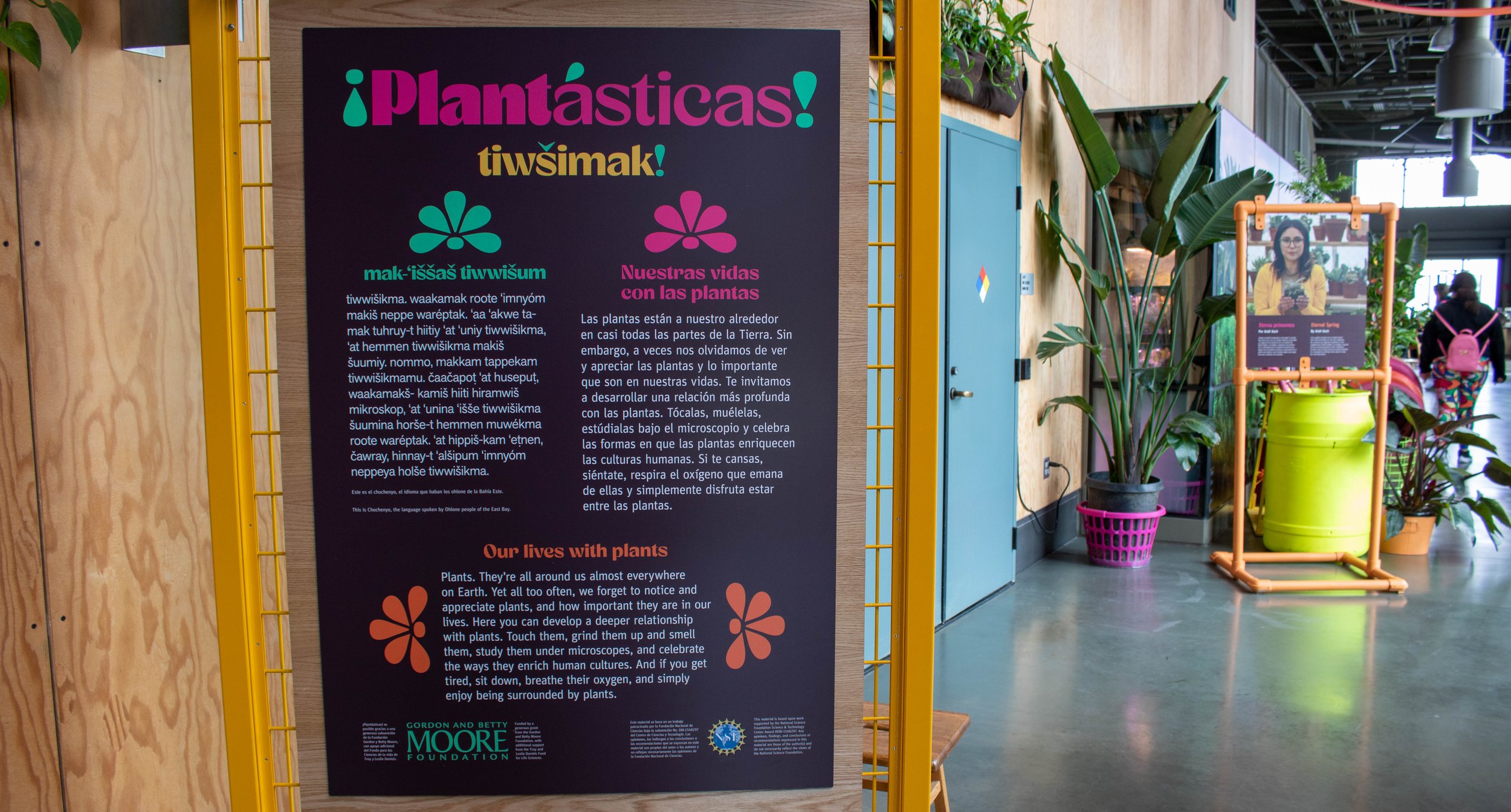
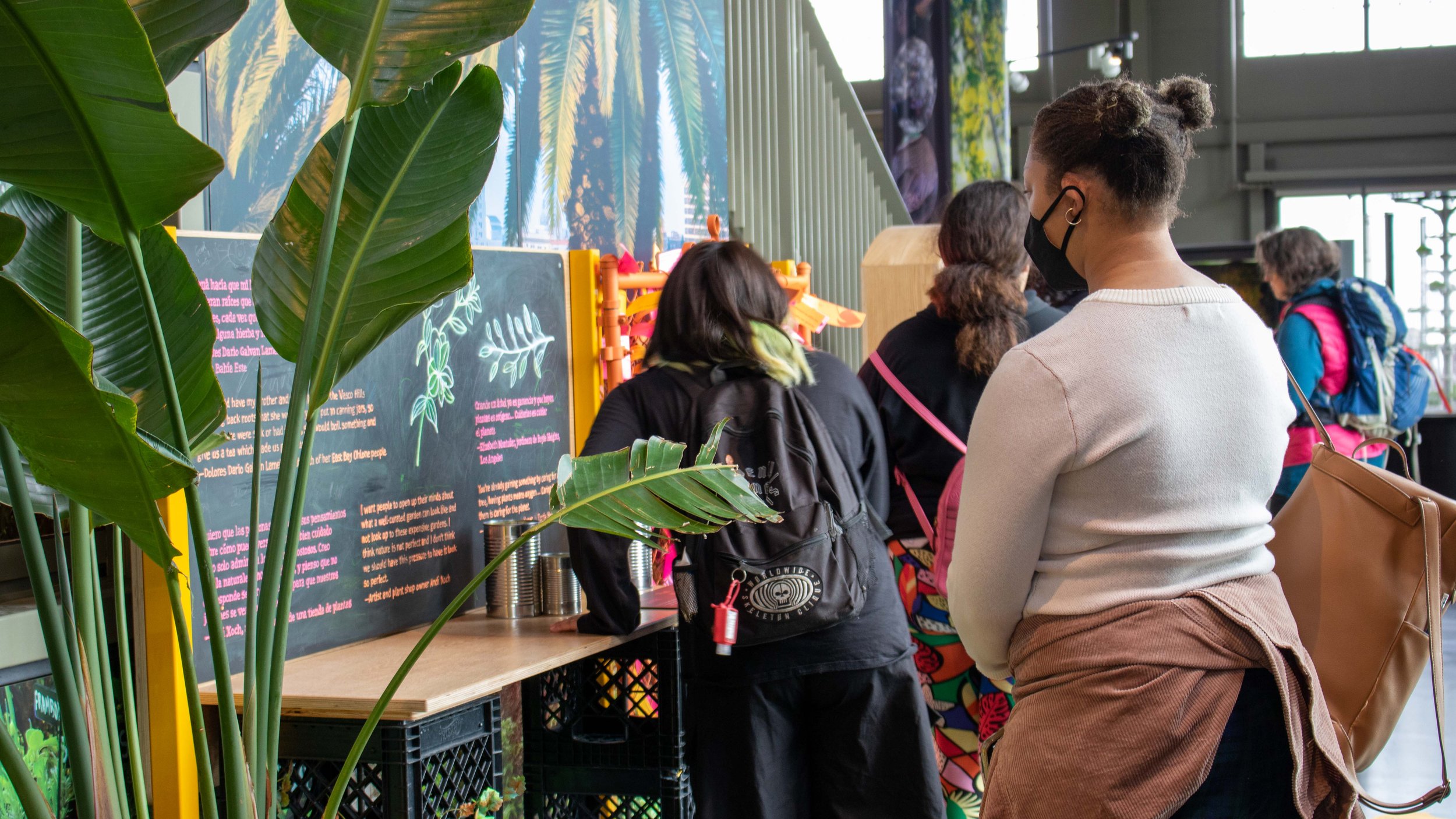
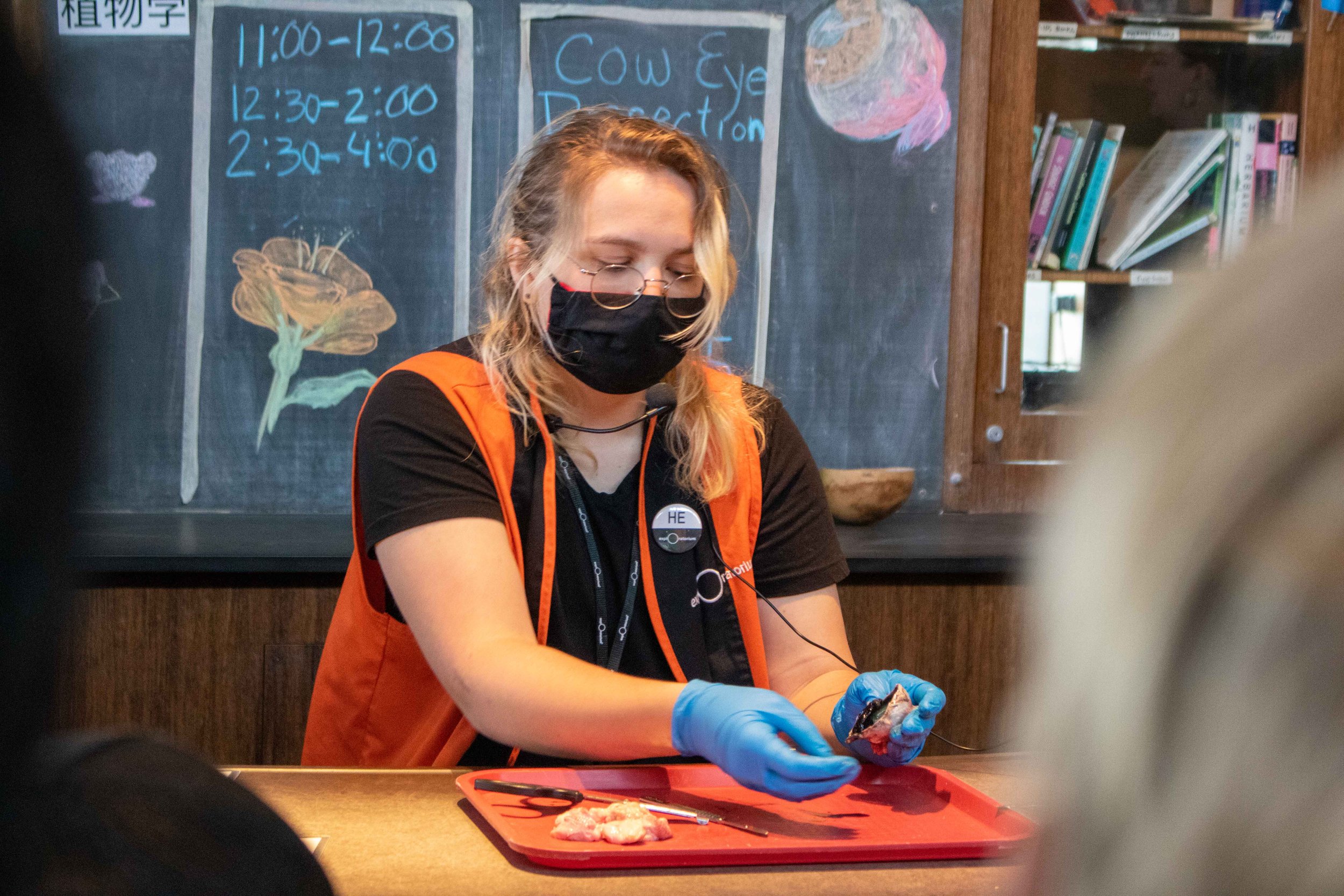
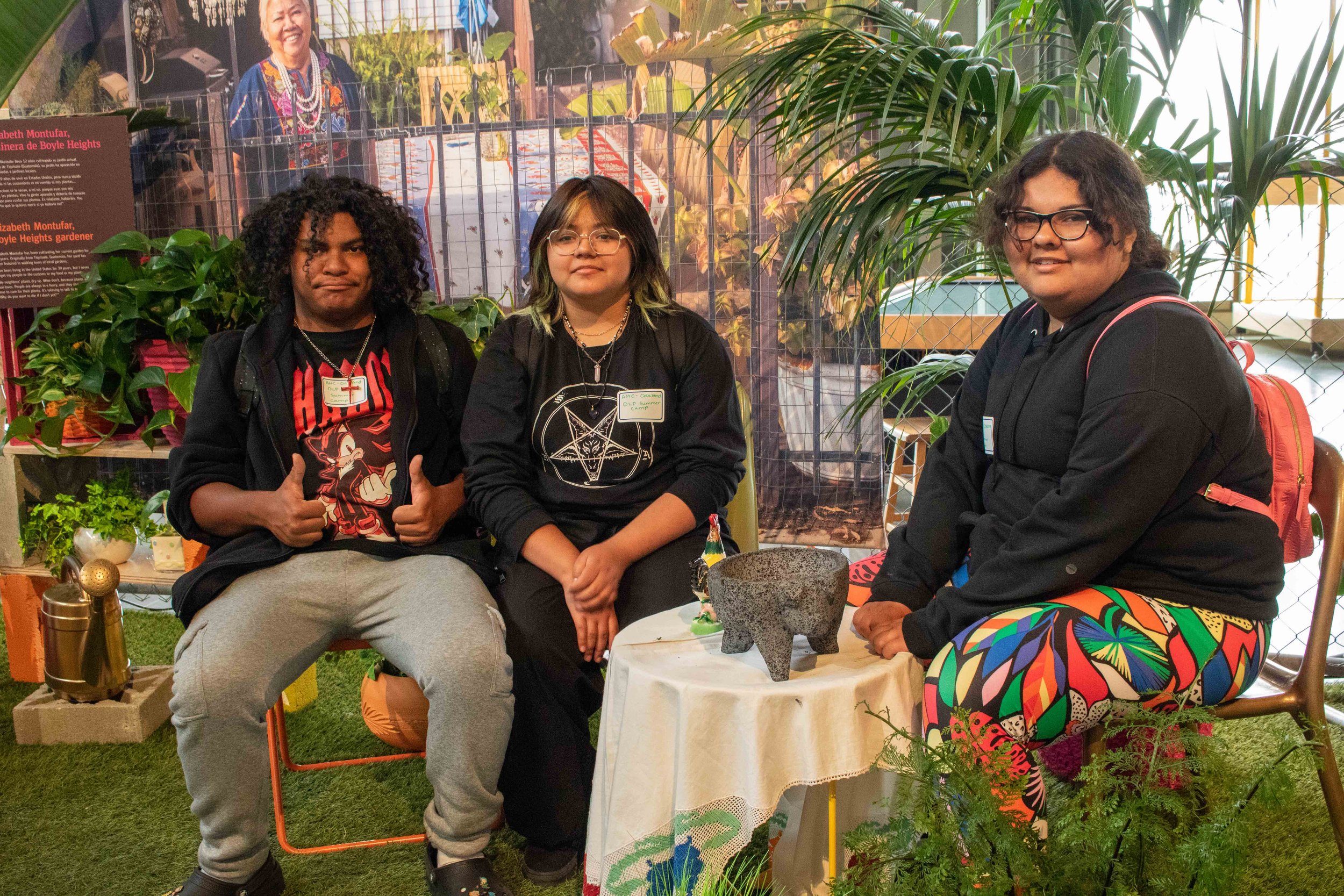
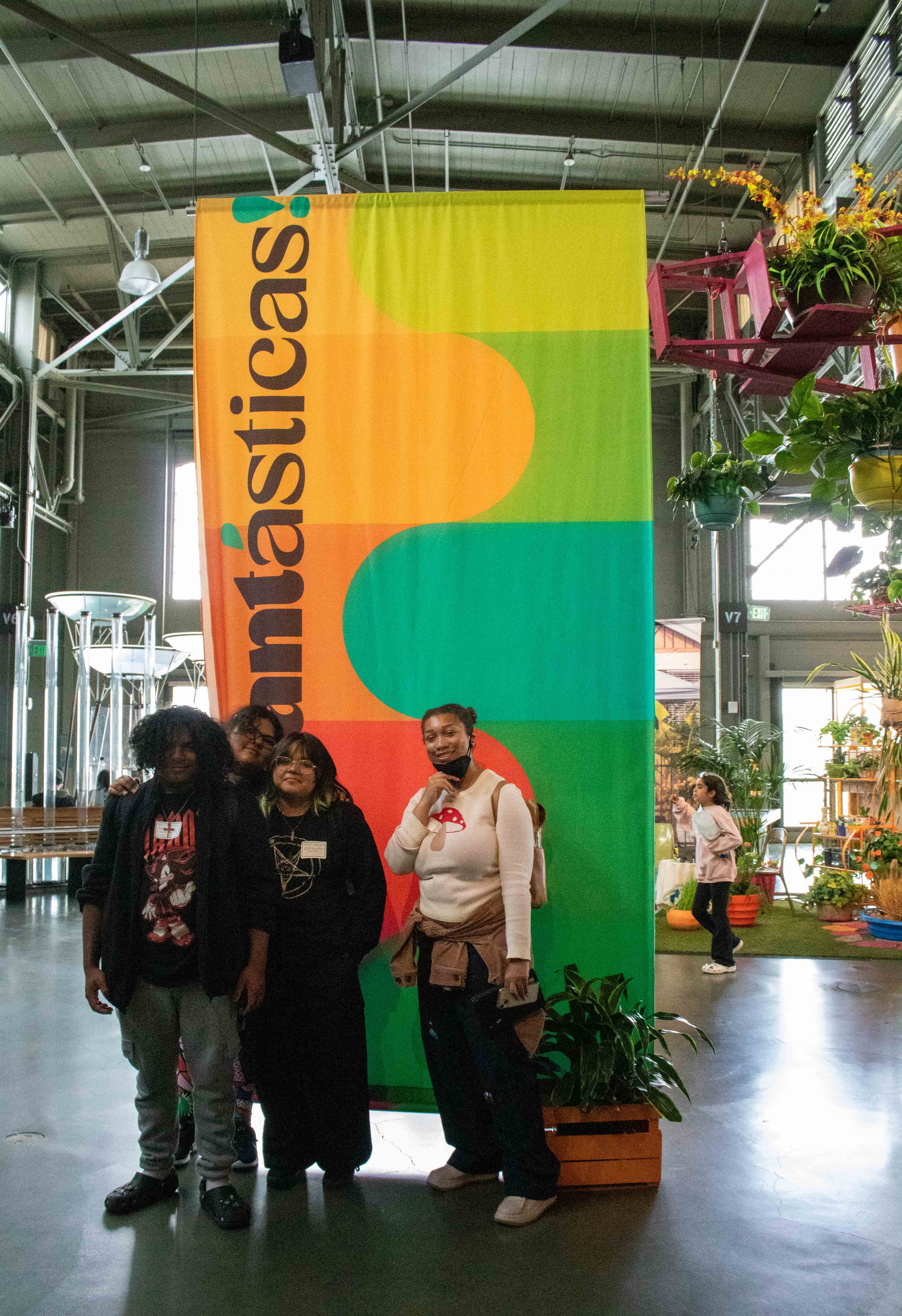
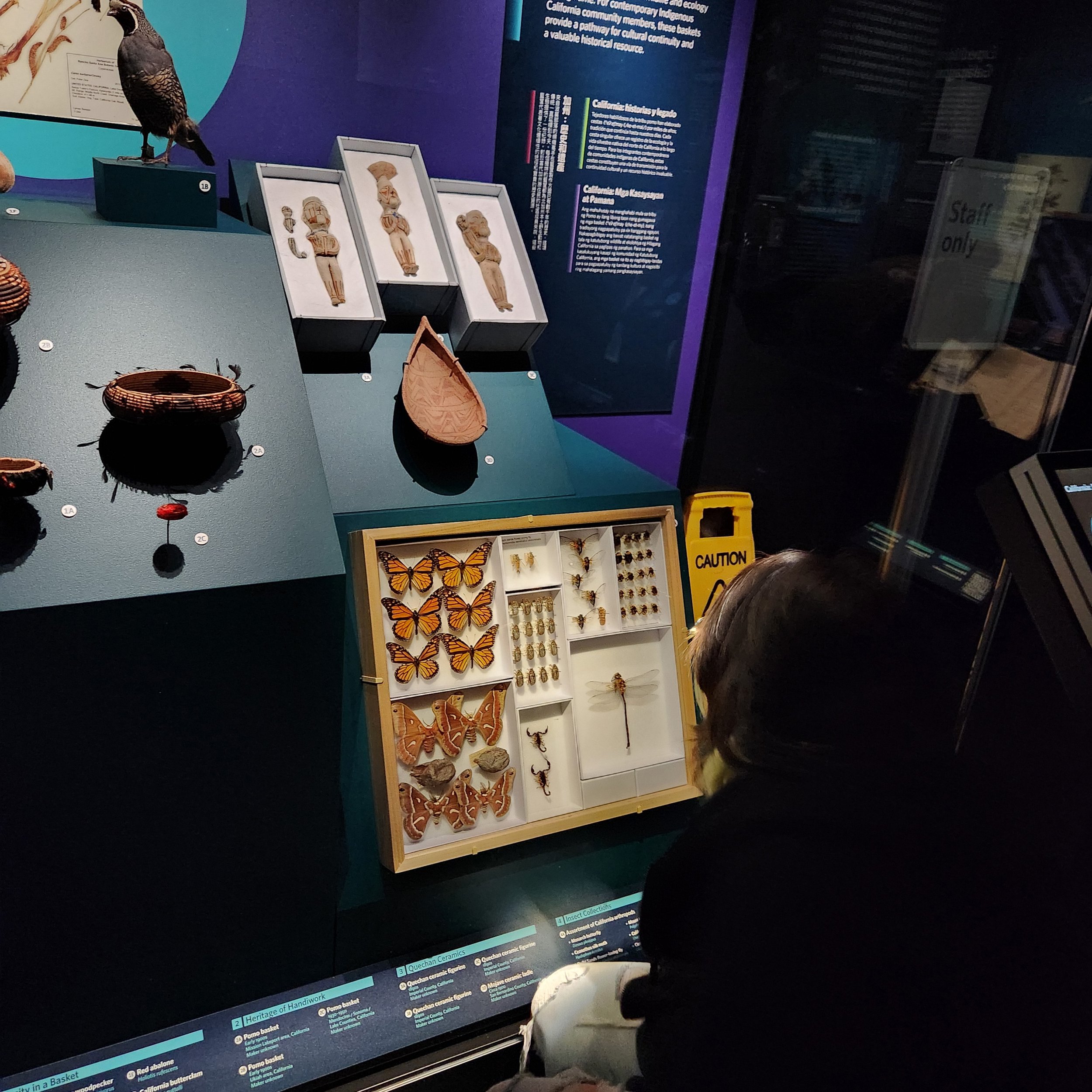
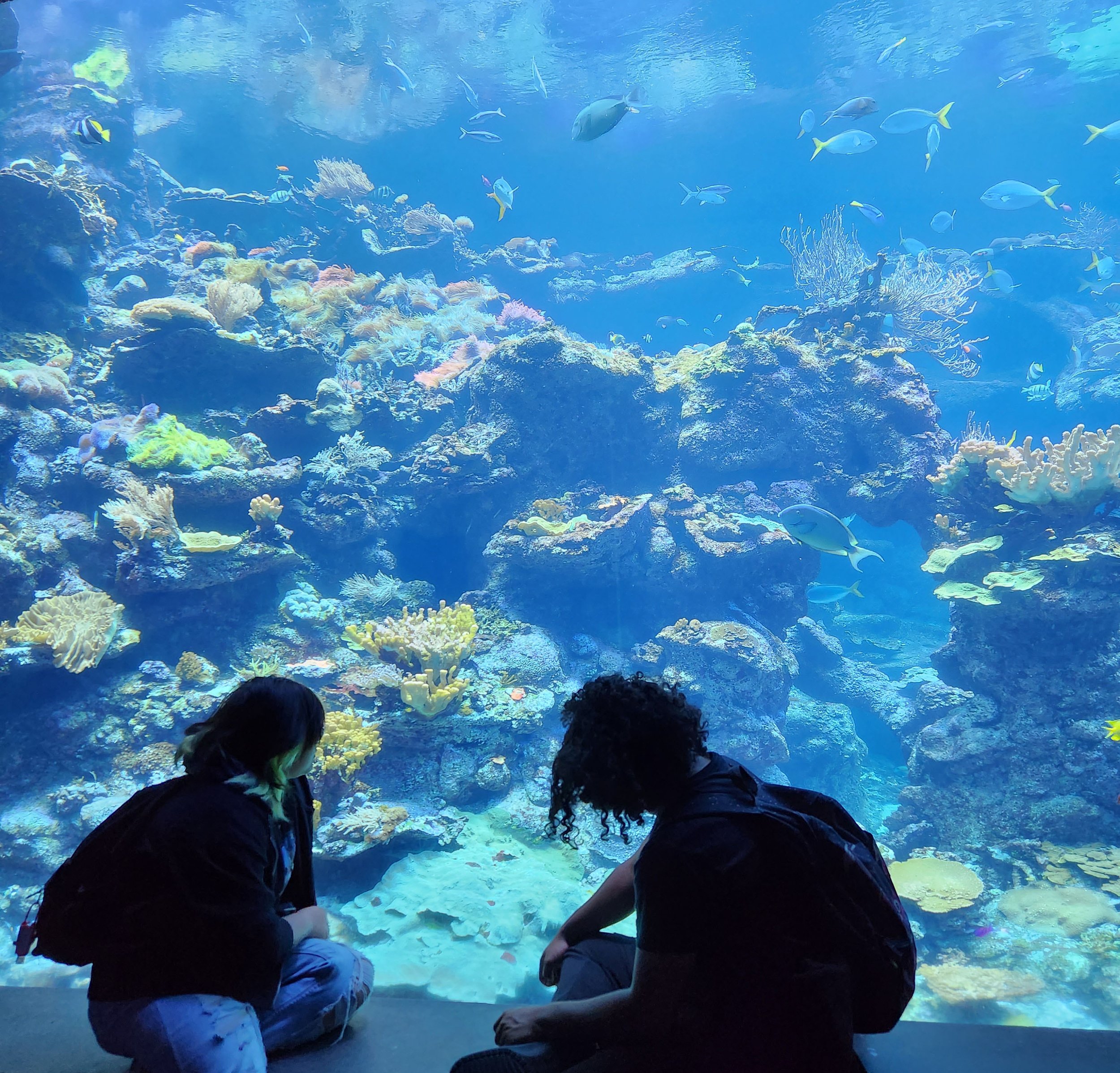
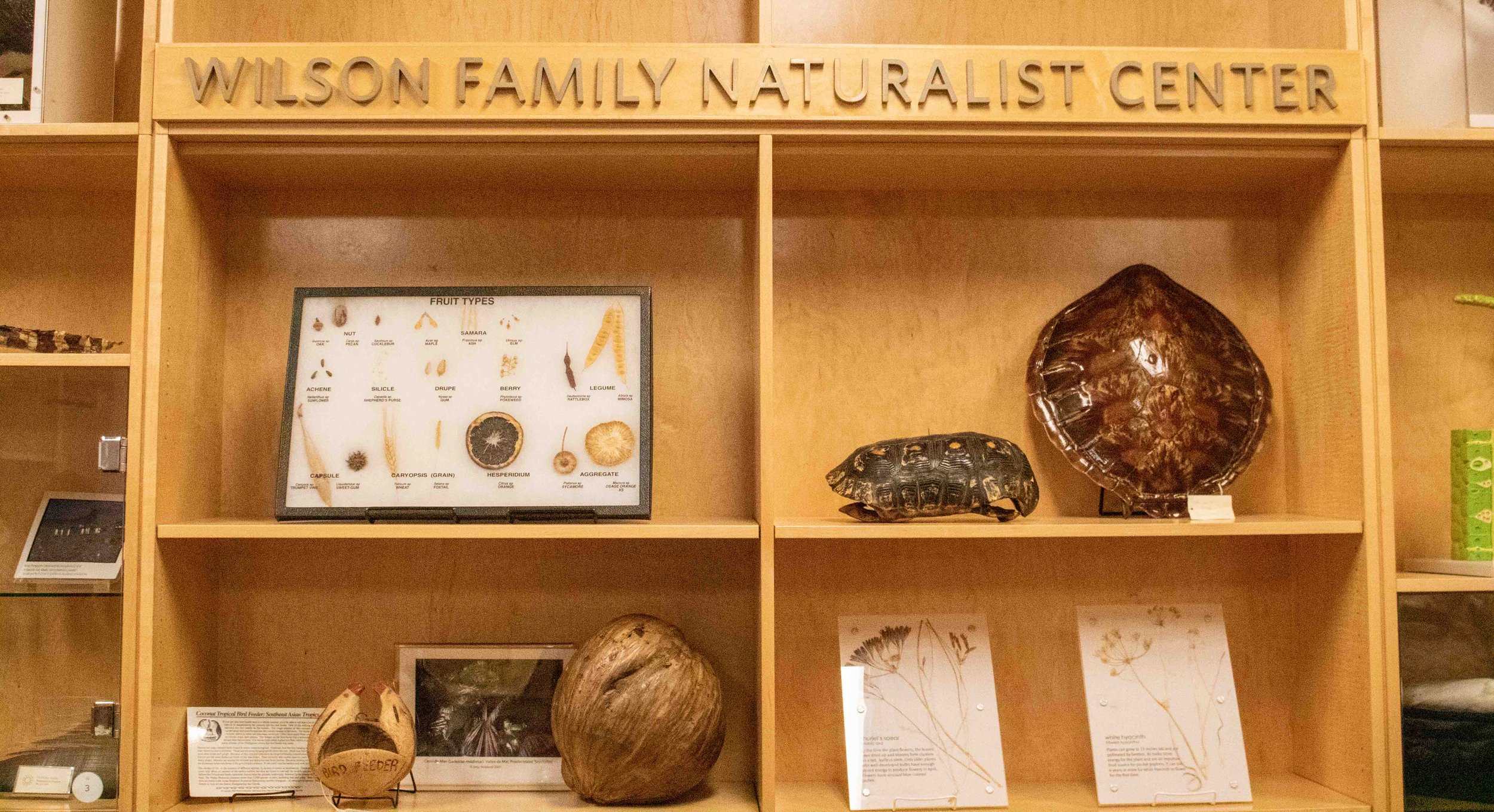
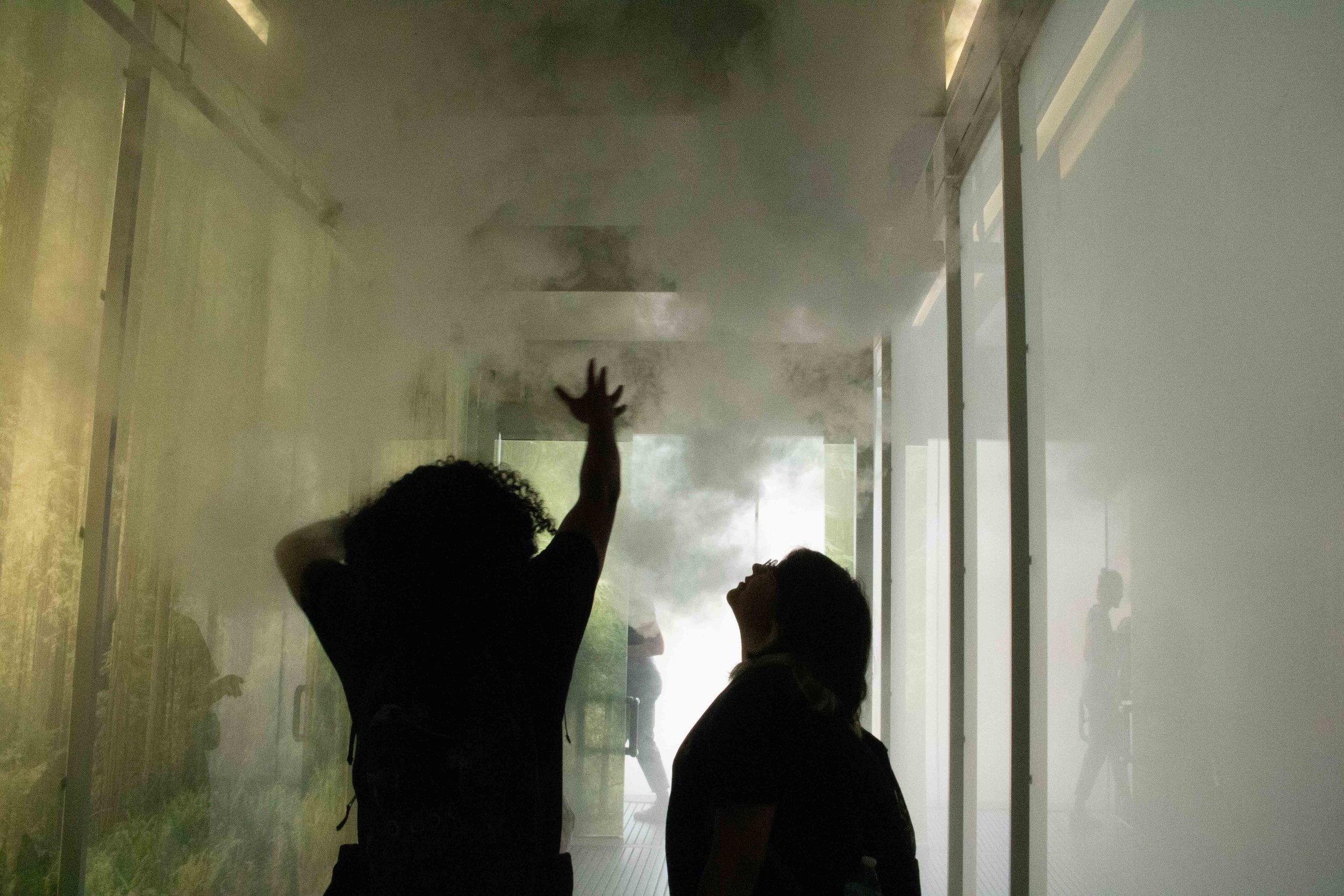
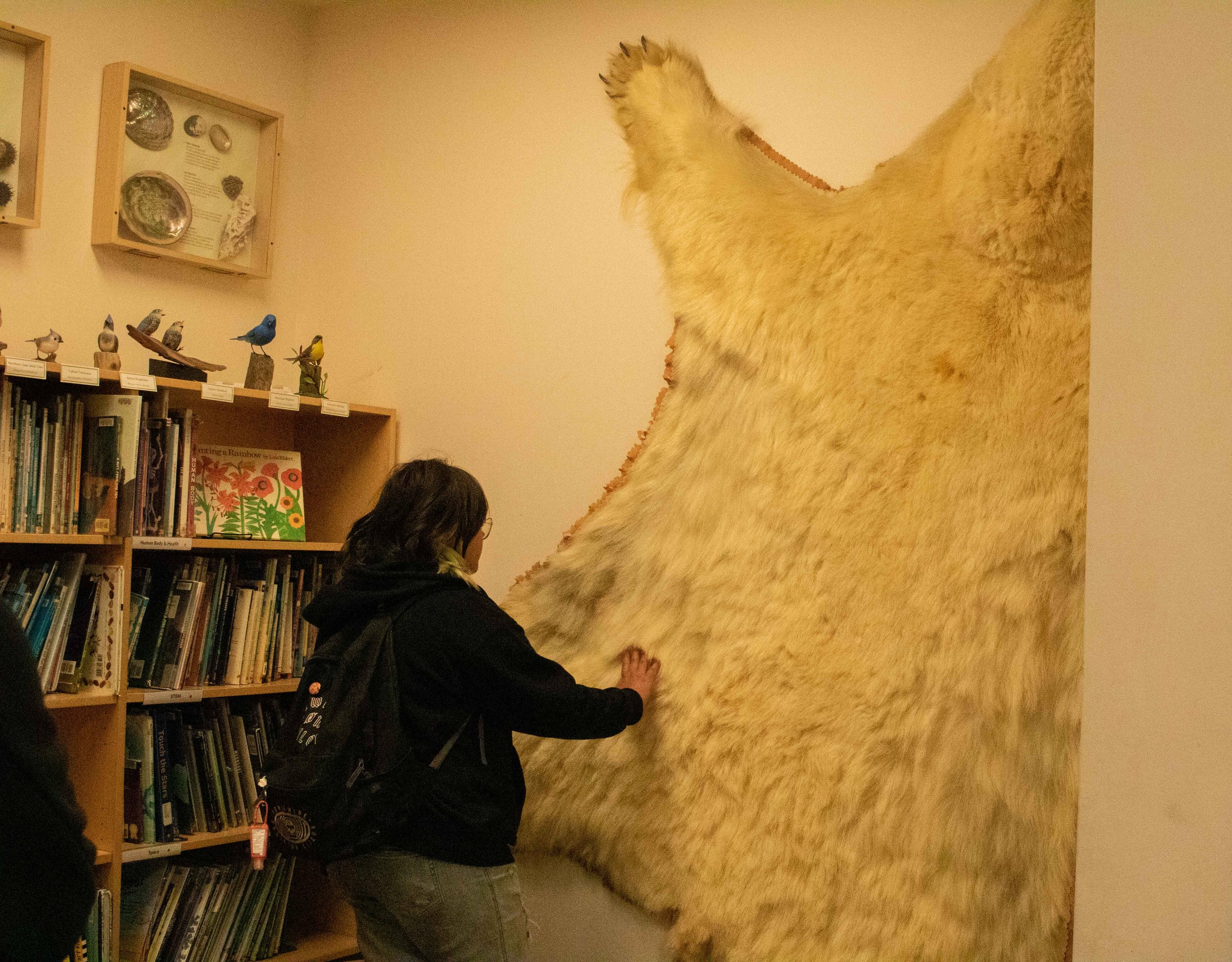
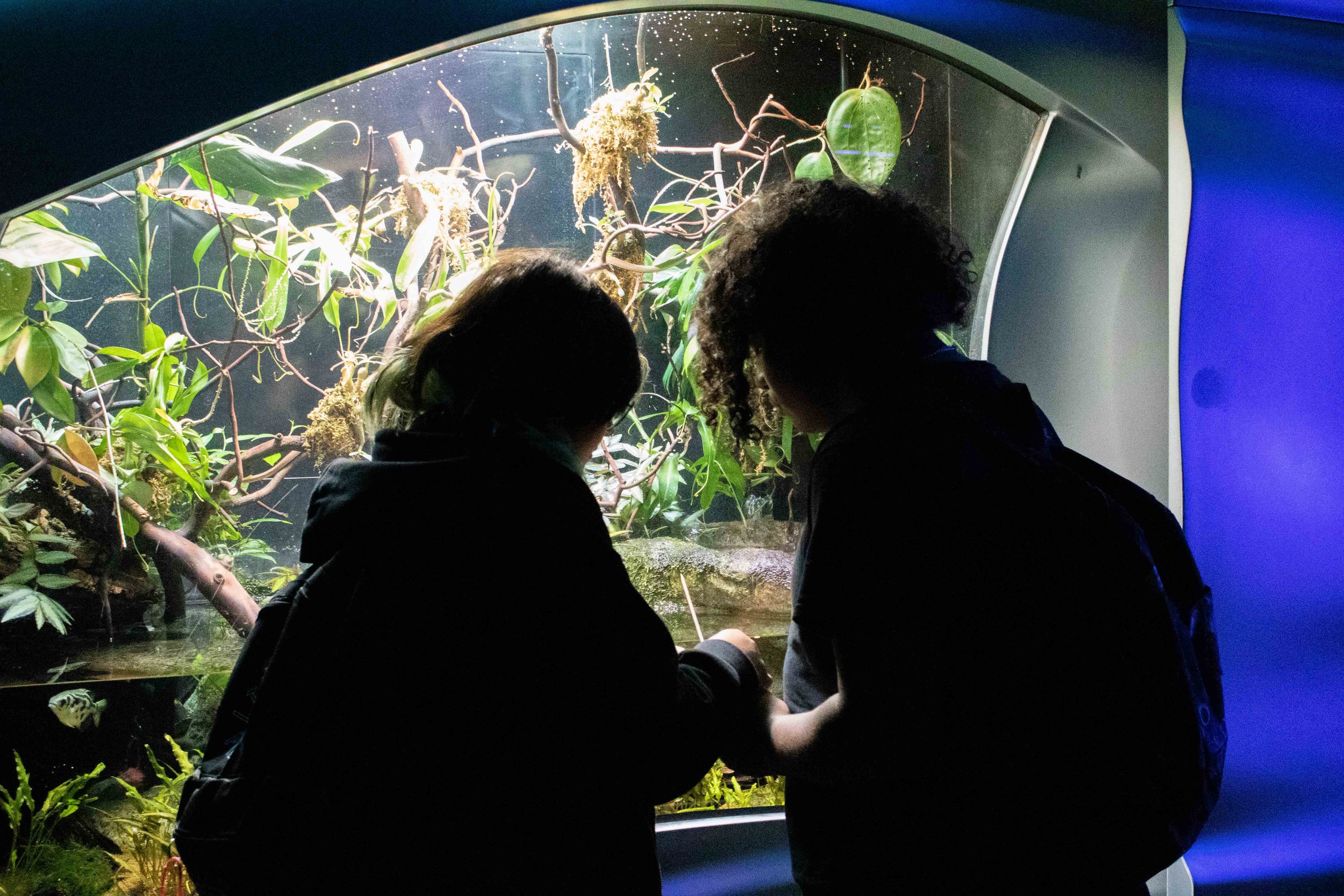

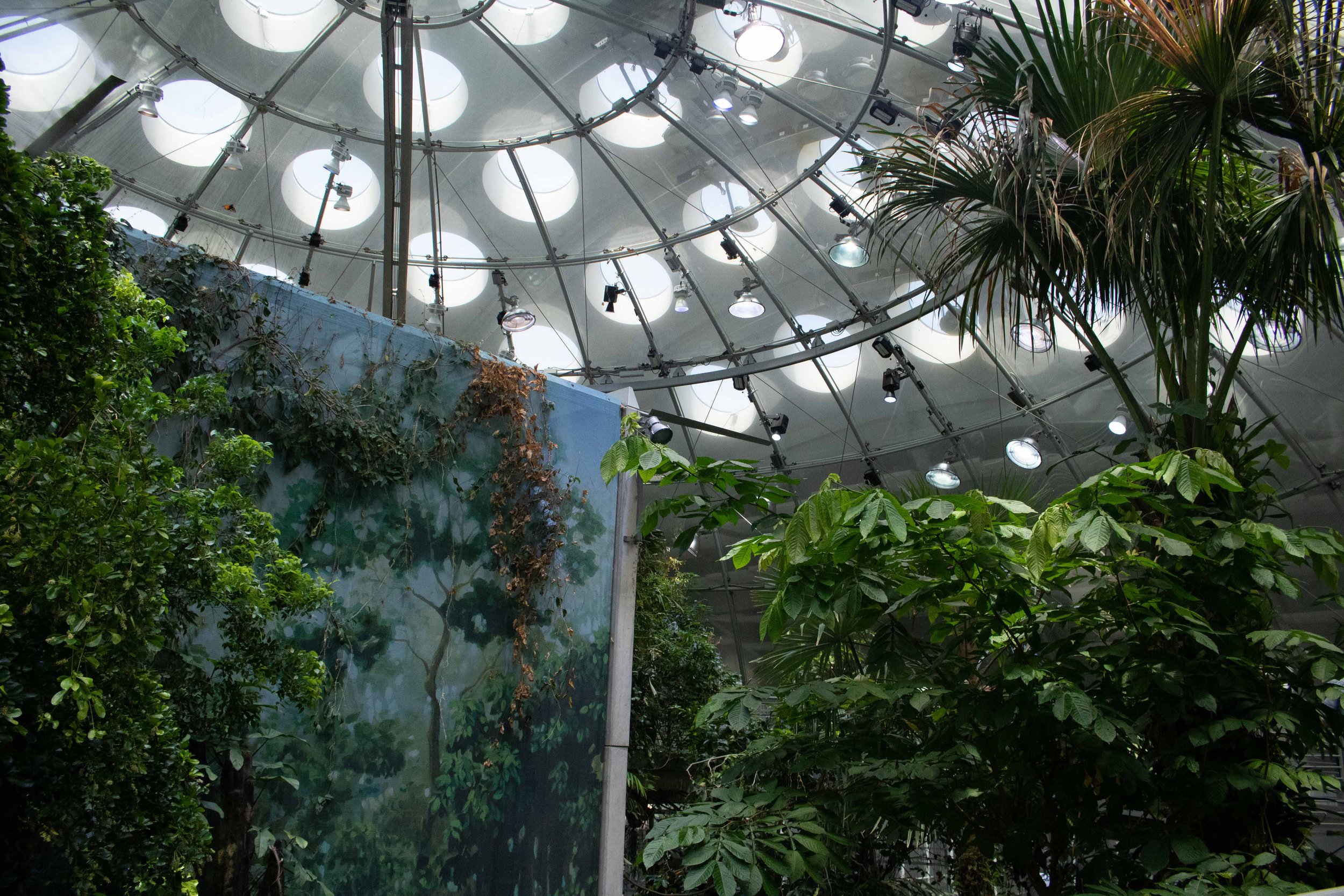
The students of ArtEsteem’s after-school leadership program, the Oakland Legacy Project, were invited to participate in an immersive three day summer camp. With City Slicker Farms (CSF) as a home base for classroom learning, Program Manager Charlena Wynn and Oakland Legacy Project Coordinator Athena Sabaria led participants in tackling environmental issues through creative self-empowerment.
On day 1, participants met with Brian Beveridge and Meet Panchal of West Oakland Environmental Indicators (WOEIP) for a Toxicity Tour to better understand the history of environmental racism impacting West Oakland communities. Participants visited the concrete mill and metal recycling facilities near CSF and discussed how the weak industry regulation has allowed these businesses to pollute the neighborhood air, water, and streets. Through acute and prolonged exposures to these toxins, low-income communities of color are at a higher risk of developing respiratory illnesses and cancers. Brian encouraged students with the hopeful message that community advocacy and education incites change for the better.
Passing by idle trucks lining the port of Oakland, the next stop on the Toxicity Tour was Shoreline Park. They reviewed how the trucking industry and cargo ships is an unfortunate necessity of globalization. In order to get grapes from Chile during California’s winter months, trucks have to wait for shipments to arrive, leaching carcinogens and greenhouse gases into West Oakland neighborhoods. Participants reflected on how this knowledge will inform their consumer habits.
When they returned to CSF, participants were asked to reflect on the environmental injustices they learned about and what they would want to change. “I would get rid of the trash,” says participant Bryan Saavedra. Using materials such as yarn, specialty paper, and buttons, they created mixed media maps showing how they would reimagine Oakland to look.
The second destination of Oakland Legacy Summer Camp was the SF Exploratorium. Interactive exhibits offered insight into the sciences of color, temperature, sound, and the human body. Participants were left to ponder: How can art be a tool in conveying educational concepts?
The ¡Plantásticas! exhibit offered the most relevant learning experience to Legacy in environmental advocacy. Participants got to learn about the cultural relevance of native plants through tactile and olfactory engagement, culinary and medicinal uses, and ecological significance. Displays included descriptions in Spanish and Chochenyo, the language of the Ohlone people of the East Bay. These narratives shared the indigenous practices of reciprocity through our relationships with plants and the environment.
OLP Coordinator Athena reflects on their experience. “Growing up in the Bay Area, I often went to education museums like the Exploratorium. It makes me smile that in the ¡Plantásticas! exhibit, they are prioritizing sharing knowledge with people of indigenous and Latine descent. By putting English as the third language in the displays, you acknowledge who has been historically excluded in these spaces, and who has been dominating the narratives.”
On the last day, participants visited the California Academy of Sciences. Having explored local and regional environmental advocacy during the past two field trips, the participants were able to dive further into these efforts on a global scale. The rainforest dome, aquarium, and natural history museum highlight the importance of community engagement in ecological restoration. “It’s cool to see the animals up close,” says participant Destiney Nava. The fauna and flora of these exhibits act as ambassadors for change in public opinion and policy to protect the delicate biosphere that we share. Education and advocacy in grassroots mobilization results in observable impacts on the macro level. By envisioning a more sustainable future, the collective public is able to shift from an extractive to regenerative relationship with the environment.
